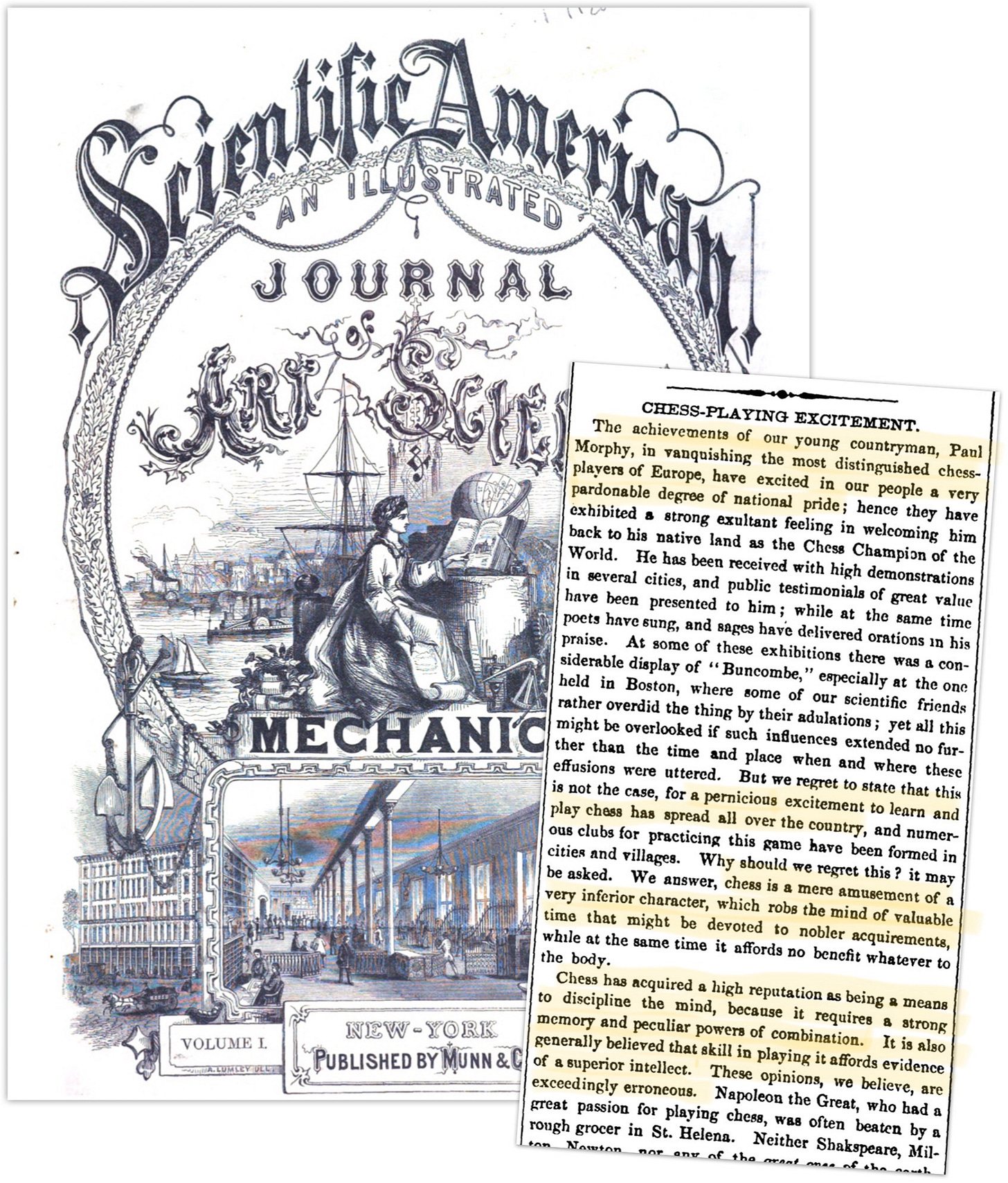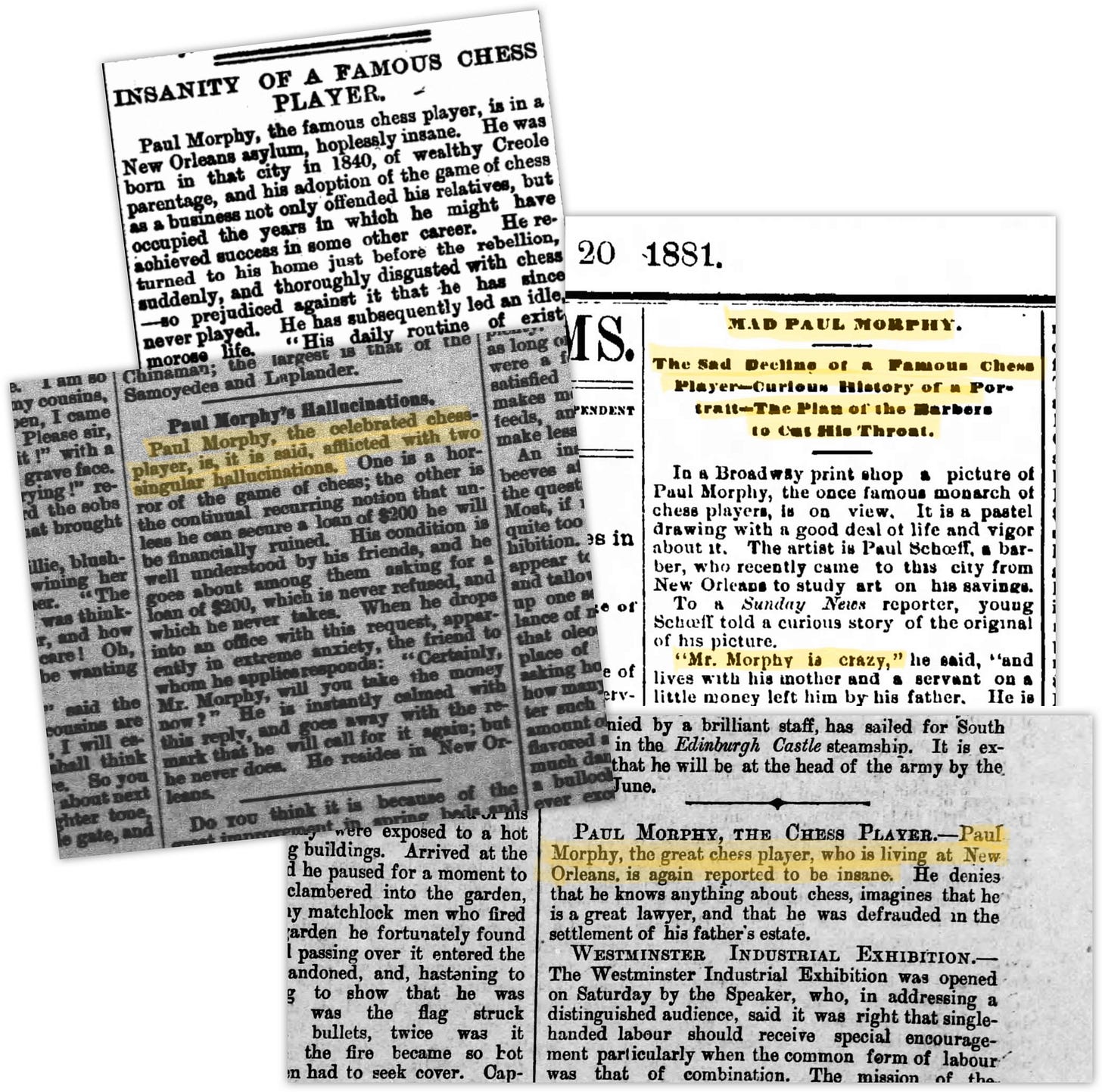New Year Resolutions of Old: Once Vices Now Virtues
In centuries past, things considered virtuous today; reading, cycling, listening to radio or playing chess were deemed by some as unhealthy vices or a waste of time at best.
If today’s analog age virtues were once considered degenerate sins of modernity, are some new years resolutions set today opposites of ones set in prior decades and centuries?
In this post we imagine some possible new years resolutions of the past:
STOP READING IN BED
Reading in bed was once considered as degenerate and decadent as bed bound smartphone scrolling. In the late 18th and early to mid 20th century newspapers and medical authorities would sound warnings about the practice having a negative impact on your eyes and sleep patterns…
“Why do people talk about being ‘guilty’ of reading in bed?” asked the London Spectator in 1903, noting that medical authorities were sounding warnings - many of which it noted were quoted by ‘The Daily Mail’ (yes that one.)‹
In 1908 the concerns were given renewed legitimacy when medical journal ‘The Lancet’ weighed in on the matter, repeating a warning it first made in 1888 - and in 1950 the American Medical Association magazine warned not to read, as part of its rules of getting good sleep…
DON’T CYCLE SO MUCH
The bicycle boom of the 1890s would garner disapproval from a number of groups…
While some physicians argued cycling was healthy others linked it to insanity, deformities of the spine and even a cause for appendicitis. One insurance company even refused to insure avid bicycle riders, while one army recruitment office rejected applicants who were avid cyclists because it was assumed they had a weakened ‘bicycle heart.’
REDUCE RADIO TIME
Radio’s growth in society was inevitably followed by handwringing and speculation about its possible downsides: dead birds, poor grades and sleep deprivation were just some of the unfounded concerns.
One preacher declared in 1943 that “Persons who listen to the radio from dawn to dusk suffer from the disease “radio perpetuum”, a slow but sure softening of the brain” - what we today call ‘brainrot.’
GIVE UP CHESS
In 1858 Paul Morphy became widely considered the world Chess champion, as a result national interest in the game boomed, leading to Scientific American weighing in on the matter opining: “Chess is a mere amusement of a very inferior character, which robs the mind of valuable time”
Paul Morphy’s mental health would rapidly decline in the proceeding years, Chess was blamed by some for the deterioration, when other champions met similar fates there was speculation Chess might have a negative impact on players more generally.
CUT DOWN ON CROSSWORD PUZZLES
Today word games are widely considered good for our brains, crosswords have survived the transition from print to digital and new word games continue the emerge - like Wordle.
Ironically The New York Times - now famous for its crossword - would refuse to publish the puzzles for many years, deeming them unworthy of a serious publication. Why? Because they were considered unintellectual and associated with distraction, earning bans by at least one professor and a judge.
In this New Year make sure your resolutions aren’t wasted on reducing or giving up things that 100 years from now may well be seen as virtuous, rather than sinful.











As usual, thoroughly documented evidence of the relativity of existence over time and the follies of medical moralism. All good ammunition for the critique of modern life and all of its pseudo-certainties.
I love this substack SO MUCH.
Thank you. Happy New Year